In today’s diverse and multicultural workplaces, diversity, equity, and inclusion (DEI) have become increasingly important priorities for organizations seeking to foster a culture of belonging, fairness, and respect. HR professionals play a crucial role in leading DEI initiatives and implementing strategies to create inclusive work environments where all employees feel valued and supported. In this blog post, we’ll explore key strategies and best practices for HR professionals to navigate DEI in the workplace and drive positive change.
Diversity Recruitment and Hiring Practices: One of the first steps in building a diverse and inclusive workforce is to implement diversity-focused recruitment and hiring practices. HR professionals can work closely with hiring managers to develop job descriptions that emphasize diversity and inclusion, actively source candidates from diverse backgrounds and underrepresented groups, and implement blind recruitment techniques to reduce bias in the hiring process. By prioritizing diversity in recruitment efforts, organizations can attract and hire candidates with diverse perspectives, experiences, and skill sets, enriching the talent pool and fostering a culture of inclusion from the outset.
Implicit Bias Training and Awareness Programs: Implicit biases are unconscious attitudes and stereotypes that can influence decision-making and behavior, often leading to discriminatory outcomes in the workplace. HR professionals can implement implicit bias training programs and awareness initiatives to help employees recognize and mitigate their biases, foster empathy and understanding, and promote inclusive behaviors and interactions. By raising awareness of implicit biases and providing tools and resources to address them, organizations can create a more equitable and inclusive workplace where all employees feel respected and valued.
Employee Resource Groups (ERGs) and Affinity Networks: Employee resource groups (ERGs) and affinity networks provide forums for employees to connect, share experiences, and advocate for diversity, equity, and inclusion within the organization. HR professionals can support the establishment and growth of ERGs and affinity networks by providing resources, funding, and leadership guidance, and facilitating cross-functional collaboration and engagement. By empowering employees to voice their perspectives and champion DEI initiatives, organizations can harness the power of diversity and foster a sense of belonging and community among all employees.
Inclusive Leadership Development: Inclusive leadership is essential for driving organizational change and fostering a culture of belonging and respect. HR professionals can develop inclusive leadership development programs and initiatives that equip leaders with the skills, knowledge, and tools to lead diverse teams effectively, promote inclusive behaviors and practices, and create a culture of psychological safety and trust. By investing in the development of inclusive leaders, organizations can cultivate a culture of inclusivity and empower leaders to champion DEI initiatives and drive positive change throughout the organization.
Metrics and Accountability: To track progress and measure the impact of DEI initiatives, HR professionals can implement metrics and accountability mechanisms that assess diversity, equity, and inclusion across various dimensions, such as recruitment, retention, promotion, and employee satisfaction. By setting clear goals, collecting relevant data, and regularly monitoring and evaluating progress, organizations can hold themselves accountable for advancing DEI objectives and identify areas for improvement and intervention. By embedding DEI metrics into organizational performance evaluations and incentives, organizations can ensure that DEI remains a strategic priority and drive continuous improvement and progress towards a more equitable and inclusive workplace.
In conclusion, HR professionals play a pivotal role in navigating diversity, equity, and inclusion (DEI) in the workplace and driving positive change. By implementing strategies such as diversity recruitment and hiring practices, implicit bias training and awareness programs, employee resource groups and affinity networks, inclusive leadership development, and metrics and accountability mechanisms, HR professionals can create inclusive work environments where all employees feel valued, respected, and empowered to contribute their unique perspectives and talents to drive organizational success. Through collaborative efforts and a commitment to continuous learning and improvement, HR professionals can help build a more equitable and inclusive future for all.


